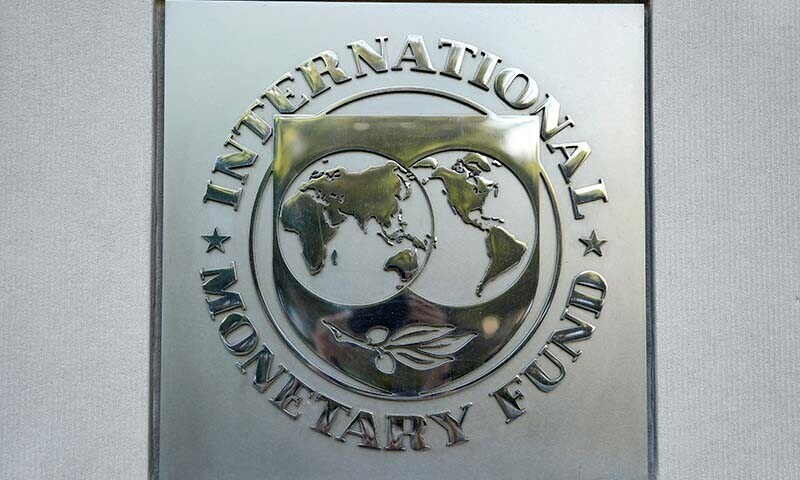
[ad_1]

The International Monetary Fund’s board (IMF) on Wednesday approved a $7 billion Extended Fund Facility (EFF) for Pakistan, providing a critical boost to the country’s struggling economy.
As part of the 37-month programme, the IMF will immediately release an initial tranche of $1.1 billion.
The development was announced by the Prime Minister’s Office.
This is Pakistan’s 25th IMF programme since 1958 and its 6th under the EFF framework. Despite the influx of funds, the programme leaves unaddressed a crucial issue: restructuring Pakistan’s external and domestic debt, which consumed 81 per cent of the nation’s tax revenues in the last fiscal year.
The IMF said Pakistan’s financial obligations include $5bn in deposits from Saudi Arabia, $4bn from China, and $3bn from the United Arab Emirates, adding that a key condition set for the approval of the loan was securing an additional $2bn in external funding from bilateral and commercial sources.
The news comes after uncertainty around IMF approval of the EFF, which was tied to the delays in the confirmation of the debt rollovers by China, Saudi Arabia and the UAE, as well as the failure to arrange for fresh funds to cover the external financing gap of $2bn for the present fiscal year.
However, the fears were laid to rest after the State Bank Governor Jameel Ahmad said that Pakistan planned to raise up to $4bn from banks by the next fiscal to plug the gap. According to him, Pakistan was in the ‘advanced stages’ of securing $2bn in additional external financing required for IMF approval.
Faced with chronic mismanagement, Pakistan’s economy had found itself on the brink, challenged by the Covid-19 pandemic, the effects of the war in Ukraine and supply difficulties that fuelled inflation, as well as record flooding that affected a third of the country in 2022.
In February 2023, the rupee had undergone a historic devaluation of 15pc while the foreign reserves shrunk to a meagre $3.7bn, exacerbating fears that Pakistan was heading towards a default without a comprehensive IMF programme to prop it up. However, the country managed to clinch a nine-month $3bn IMF deal in June after addressing the Fund’s concerns about its reform agenda — with reserves hovering around $3bn.
In April, the finance minister had confirmed that the country had initiated talks for a longer programme to support strengthening public finances, restoring the energy sector’s viability, returning inflation to the target, and promoting private-led activity.
To meet the Fund’s criteria, the government had announced new tax measures in several areas to generate additional revenue in the coming fiscal year in the finance bill, which included a 48 per cent increase in direct taxes, 35pc hike in indirect taxes, and a whopping 64pc increase in non-tax revenue such as petroleum levies.
The latest bailout, coming to Pakistan in the form of loans, follows a commitment by the government to implement reforms, including a major effort to broaden the country’s tax base.
In a nation of over 240m people and where most jobs are in the informal sector, only 5.2m filed income tax returns in 2022.
The government has amped up its efforts to raise nearly $46bn in taxes for the year, which includes drastic measures by the Federal Board of Revenue (FBR) such as ordering the telecommunications authority to block the connections of 210,000 SIM cards.
In the edict passed in April, the FBR is also now empowered to disable mobile phones and SIM cards, discontinue electricity connections, discontinue gas connections, and restrict foreign travel of non-filers.
More to follow
[ad_2]
Source link






